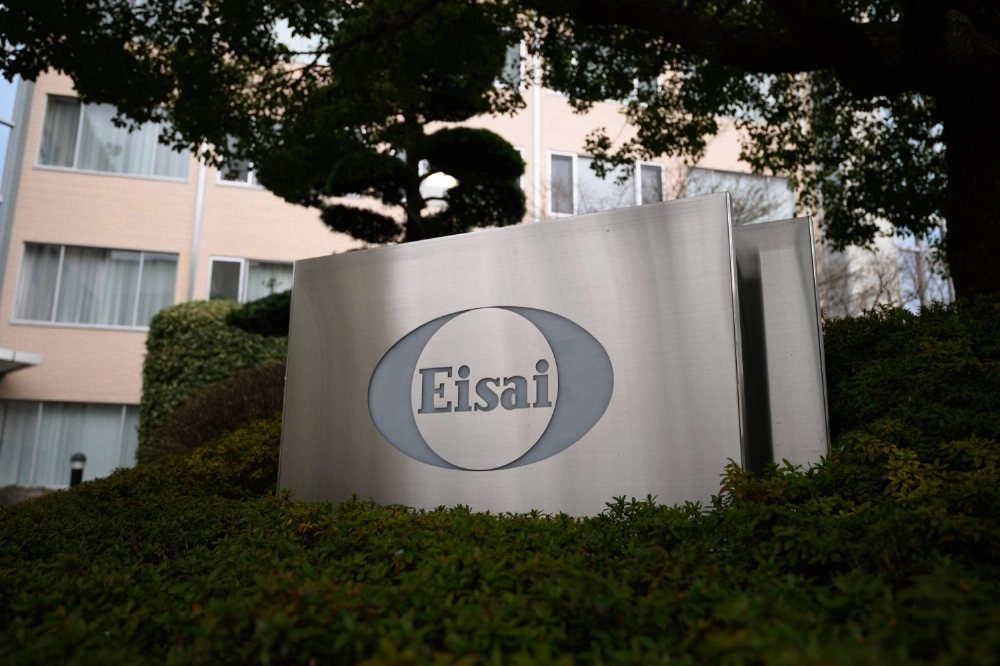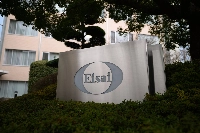A health ministry panel Wednesday approved a plan to cut the price of Lecanemab, an Alzheimer's drug codeveloped by Japanese drugmaker Eisai and U.S. industry peer Biogen, by 15% in Japan starting Nov. 1.
The decision is based on an assessment by the Central Social Insurance Medical Council that cited the low cost-effectiveness of the drug used to treat dementia caused by Alzheimer's disease.
The price of the drug will be lowered to ¥97,277 for a 500-milligram bottle. Dosages are based on weight. For example, a patient weighing 50 kilograms would see an annual cost reduction from about ¥2.98 million to about ¥2.53 million.
Lecanemab is said to be innovative because it removes abnormal proteins that accumulate in patients' brains, and it is expected to slow the progression of the disease.
The medication was subject to a system that adjusts drug prices based on cost-effectiveness for high-priced or large-market drugs.
At a meeting in July, the council described Lecanemab as having low cost-effectiveness compared with existing treatments.




















With your current subscription plan you can comment on stories. However, before writing your first comment, please create a display name in the Profile section of your subscriber account page.